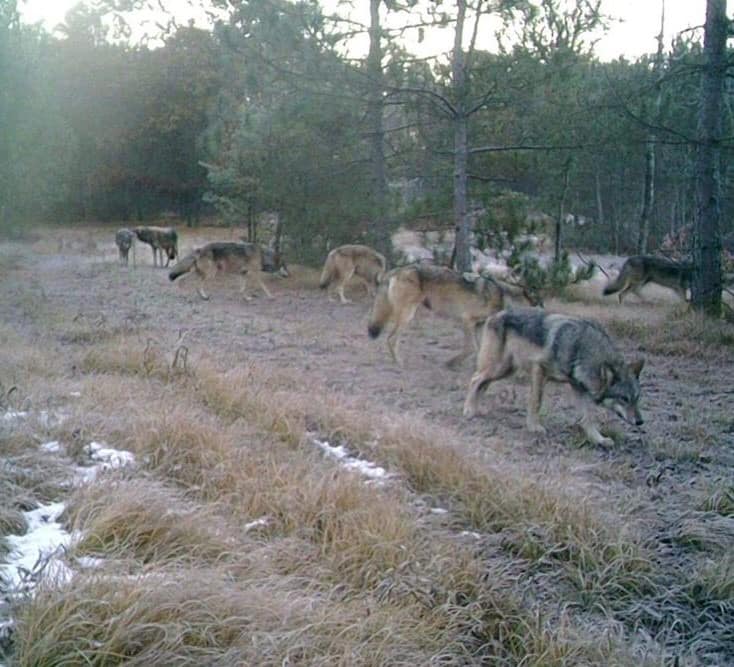The president and his team plan to remove endangered species protections for gray wolves throughout most of the nation beginning this year, according to the director of the U.S. Fish and Wildlife Service, Aurelia Skipwith.
Last year, The Fish and Wildlife Service proposed removing the wolf from the endangered list in the lower 48 states, besides a small population of Mexican wolves in the Southwest. The move was one of numerous attempts to return management authority to the states — which courts have repeatedly rejected after opponents filed lawsuits.

In the last century, wolves were shot, trapped and poisoned to near extinction; however, in recent decades, wolves have rebounded in the western Great Lakes region and portions of the West, reaching more than 6,000 in numbers. Montana, Idaho, Wyoming and portions of Oregon, Utah and Washington state have all removed wolves from their endangered species lists. Federal protections still exist in remaining states.
Wolves have “biologically recovered” and their removal from the endangered species list would demonstrate the effectiveness of the Endangered Species Act, according to Skipwith. The Humane Society of the United States and other wildlife protection groups, however, fear that wolves still remain vulnerable. Dropping protections across the Lower 48 would doom any chances of their spreading to other states where they could thrive if humans allowed it, they say.
DAN SCHMIDT: Keeping Wolves on Endangered List is Flat-Out Wrong
A final decision was expected last spring, but the service is taking its time to review the science behind its position and issues raised in court rulings, Skipwith said.
“We just want to be sure we’re covering all the bases,” she said. “When groups want to come in and sue because of such a success, it takes away resources from species that need them.”
She added that the agency doesn’t believe wolves will migrate beyond their current habitats, a claim that environmental groups and some biologists dispute.
Read the original article here.


